
Image from Flickr by gradesi
When a writer publishes fiction, she understands that her work will be interpreted differently by different people. In his book On Writing Stephen King says, “Description begins in the writer’s imagination, but should finish in the reader’s.”
You shouldn’t try to force your reader to see something exactly the way you imagined it.
Which becomes interesting when publishing creative nonfiction. It can be surreal having readers interpret in a different way something that actually happened.
Last week I had a piece published in Brevity Magazine called “Code Talkers.” True to their name, Brevity only publishes essays of 750 words or less. I love writing this way, taking a moment in time—one scene, one turning point—and trying to tell a story based on that moment.
I love allowing readers to imagine the rest of the story.
What struck me about the comments I received on “Code Talkers” was that, although the essay is written from a child’s point of view, several readers perceived it from an adult’s point of view; some even saw the cop as a sympathetic figure.
This is intriguing since part of the story has to do with misunderstandings and assumptions. To the young girl those misunderstandings and assumptions belong to adults, but to adults the misunderstandings would naturally belong to the young girl.
Anyway, I’m blown away by the response to this piece. Thank you to everyone who commented publicly and privately. And to those of you who kindly asked after my brother, he is doing fine. 🙂 We are as close as ever, and we still sometimes talk in code.
To read the essay, click here.
Have you ever written something and had a reader see it differently than you imagined or remembered it?

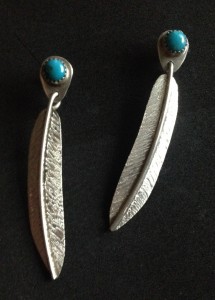

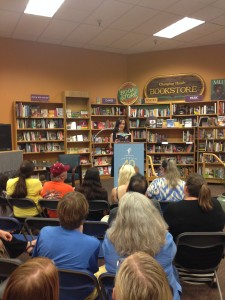
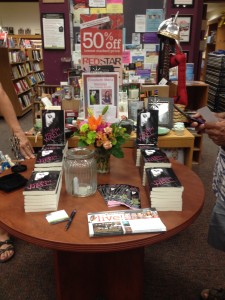
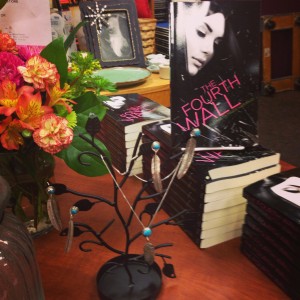

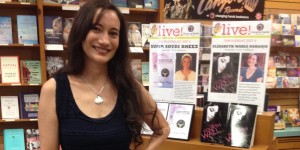
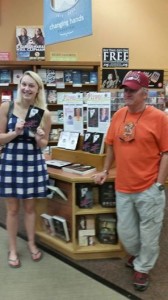
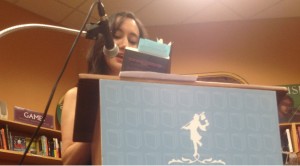
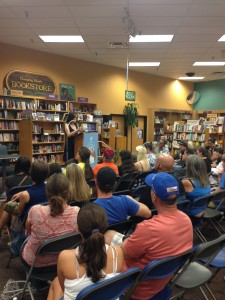
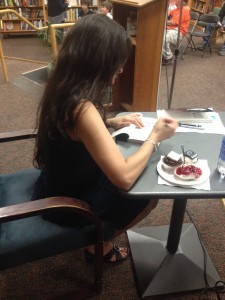
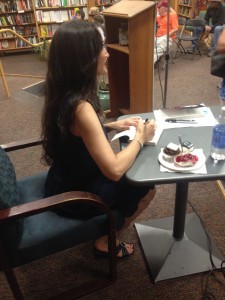
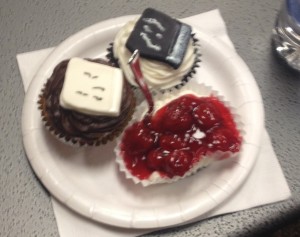
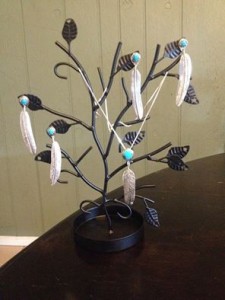
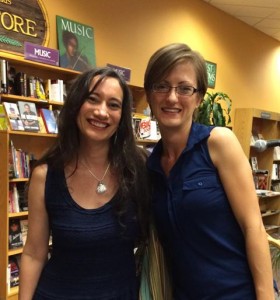
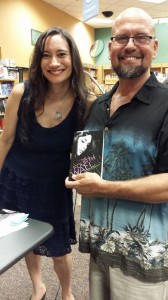
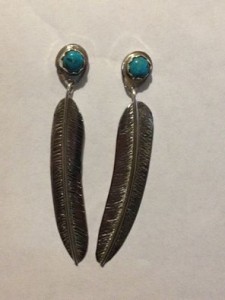
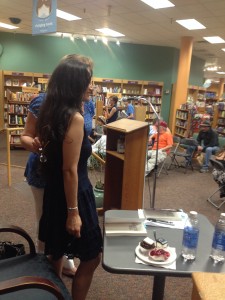
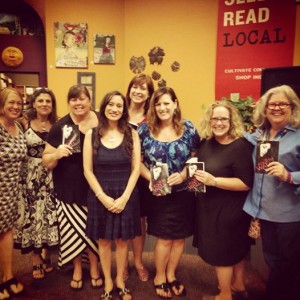
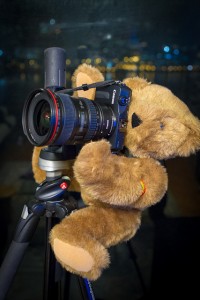

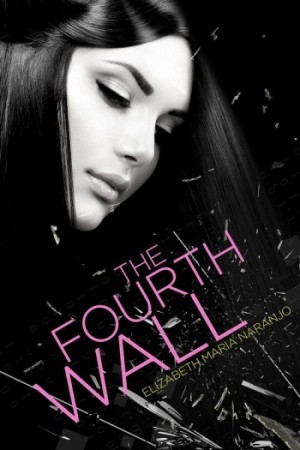

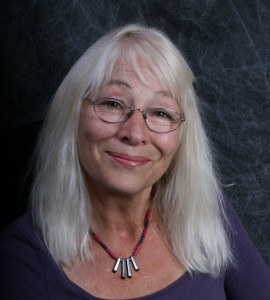
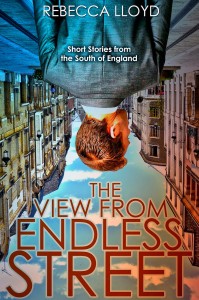
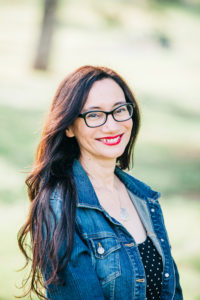












Connect With Me